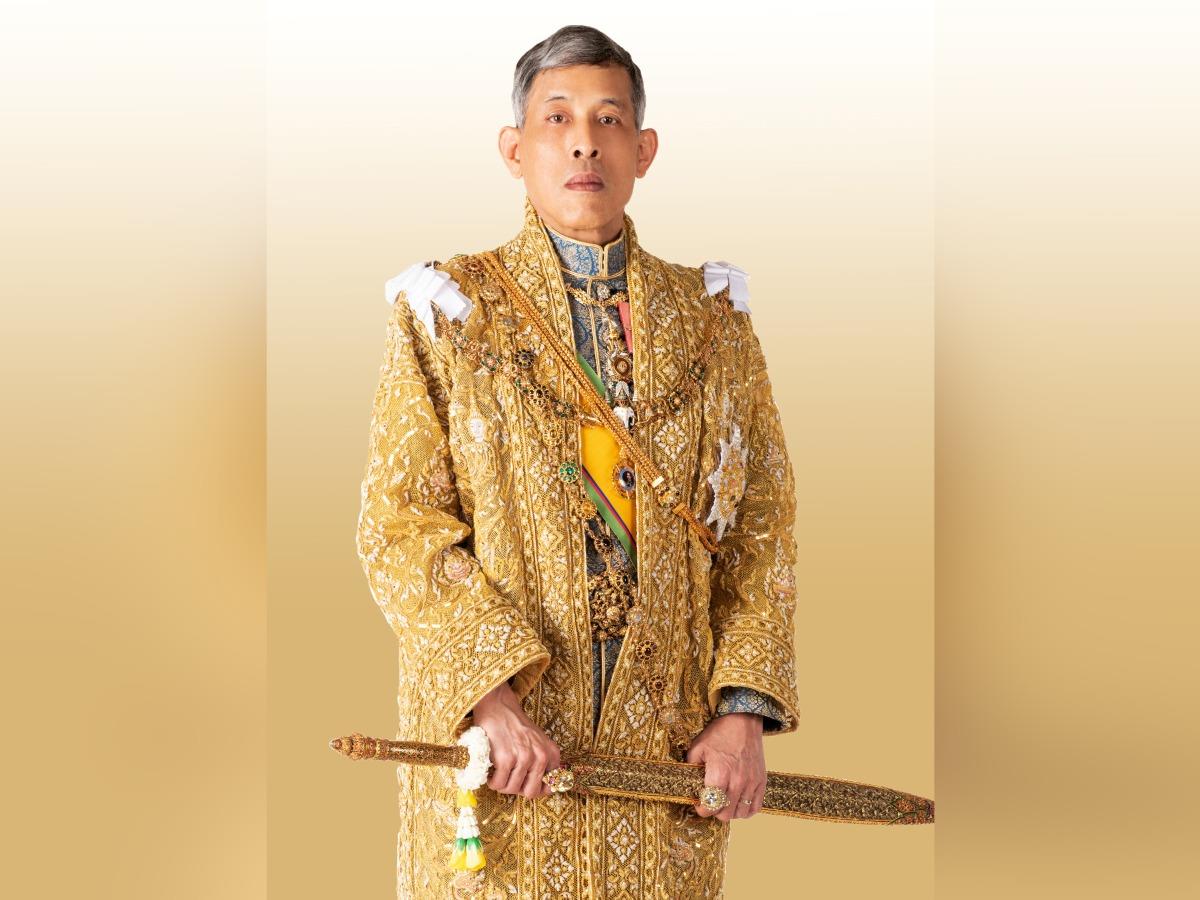
Thailand's Commitment To Religious Diversity: Muslims In Thailand Under Royal Benevolence
Thailand, renowned for its rich cultural diversity, upholds a tradition where the monarch serves as the royal patron of all faiths, alongside the constitutional requirement that the King must be a Buddhist in a predominantly Buddhist nation. This tradition highlights Thailand's commitment to promoting unity among its diverse population, which includes approximately 5.45 percent Muslims.
Since the 9th century, Islam has been an integral part of Thailand's societal fabric, with Muslim communities contributing significantly through trade and cultural exchange by Arab sailors, Persian merchants, and Pashtun traders. Historical records highlight the respected roles held by Muslims in the Royal Court of the ancient Ayutthaya Kingdom. This inclusive tradition continues today under the reign of His Majesty King Maha Vajiralongkorn Phra Vajiraklaochaoyuhua, the current King of Thailand.
H.M. King Maha Vajiralongkorn Phra Vajiraklaochaoyuhua of Thailand received the Ambassador of Qatar to Thailand, H.E. Ahmed bin Ali Al Tamimi, on 21 May 2024, on the end of his tenure in Thailand.
Thailand's commitment to religious diversity and support is illustrated by initiatives such as the establishment of the Chula Rajamontri title (Sheikhul Islam) in 1602 to oversee Muslim affairs. Several centuries later, successive Kings of the Chakri Dynasty have extended patronage to Muslim communities, granting lands for the construction of mosques and administering policies with respect for Islamic values. King Chulalongkorn, the 5th King of the Chakri Dynasty, pioneered the application of Shariah law in family and inheritance cases among Muslims in southern Thailand. Continuing this legacy, King Bhumibol Adulyadej The Great, the 9th King of the Chakri Dynasty and father of His Majesty King Maha Vajiralongkorn Phra Vajiraklaochaoyuhua, initiated the official translation of the Holy Quran in 1968, which was distributed nationwide to mosques. His Majesty upholds these traditions faithfully, presiding over annual Mawlid-al-Nabi celebration and supporting numerous other religious ceremonies.
As Thailand prepares to celebrate His Majesty King Maha Vajiralongkorn Phra Vajiraklaochaoyuhua's 6th Cycle Birthday Anniversary on 28 July, it is an opportune time to reflect on the enduring bonds between the monarchy and the Thai people, including the Muslim community. These bonds, rooted in mutual respect and appreciation, are fundamental to Thailand's national pillars of nation, religion and monarchy, ensuring a harmonious coexistence essential for societal stability and progress.
Since 1980, Qatar and Thailand established diplomatic relations founded on mutual respect and partnership. Over the years, diplomatic ties between the two countries have flourished, fostering exchanges across various fields, including culture, religion, and economy. As partners in promoting regional stability and development, Qatar and Thailand continue to explore avenues for enhancing cooperation, ensuring a prosperous future for their peoples.
In a world where religious tolerance and social cohesion are increasingly important, Thailand and Qatar stand as examples of inclusivity, where diverse faiths are not only respected but embraced as integral components of national identity.
The Thai monarchy's consistent support for Islam and its commitment to fostering an environment where all citizens can freely practice their faith serve as a model for harmonious coexistence and mutual respect.

Legal Disclaimer:
MENAFN provides the
information “as is” without warranty of any kind. We do not accept
any responsibility or liability for the accuracy, content, images,
videos, licenses, completeness, legality, or reliability of the information
contained in this article. If you have any complaints or copyright
issues related to this article, kindly contact the provider above.
Most popular stories
Market Research

- Phase 6 Reaches 50% Mark As Mutuum Finance (MUTM) Approaches Next Price Step
- Cregis Releases 2025 Cryptocurrency Wallet Analysis
- Mutuum Finance (MUTM) New Crypto Coin Eyes Next Price Increase As Phase 6 Reaches 50% Sold
- Bydfi Joins Korea Blockchain Week 2025 (KBW2025): Deepening Web3 Engagement
- T-REX Launches Intelligence Layer To Fix Web3's Value Distribution Problem
- Forex Expo Dubai 2025 Conference To Feature 150+ Global FX And Fintech Leaders




















Comments
No comment